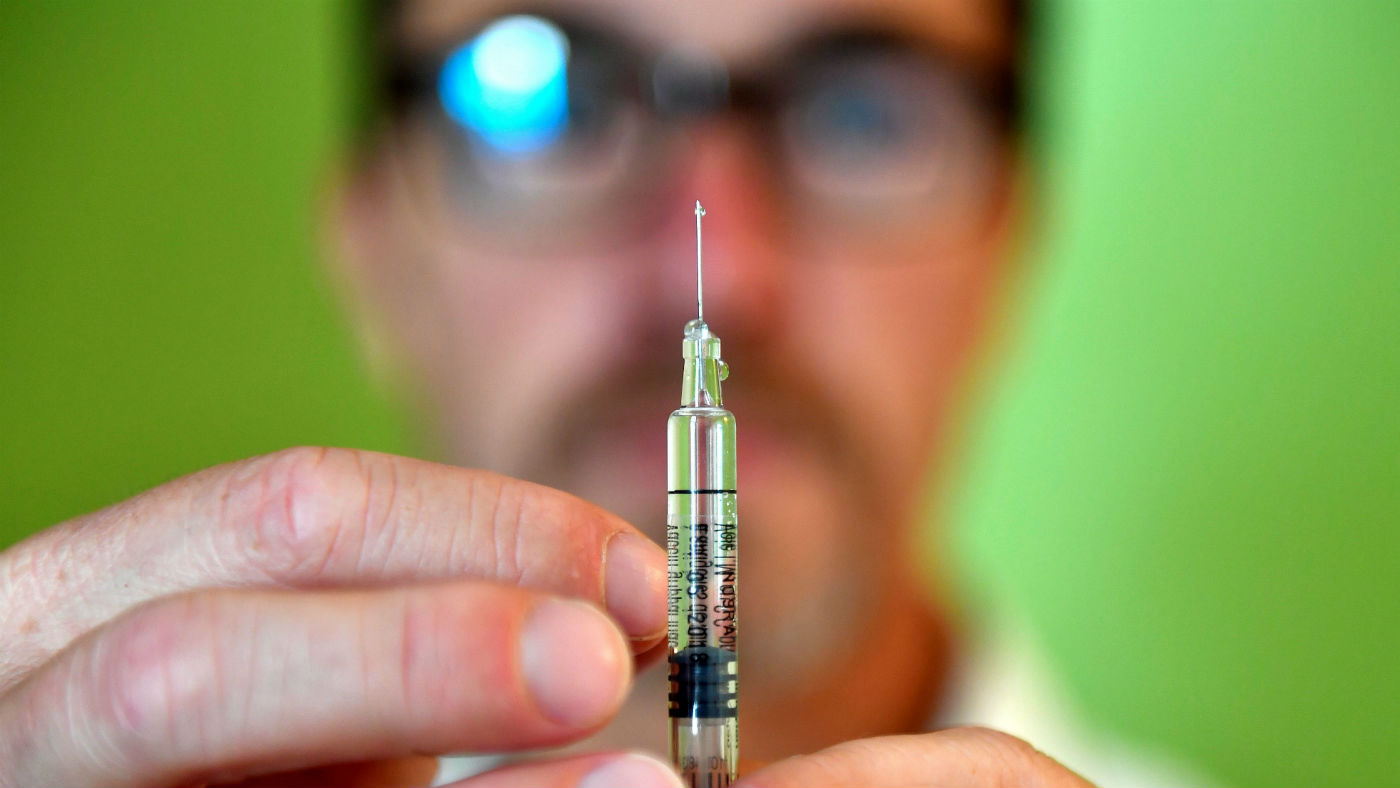Chlamydia vaccine: can breakthrough halt ‘hidden epidemic’?
Scientists develop medicine with ‘no related serious adverse reactions’ to halt spread of disease

A free daily email with the biggest news stories of the day – and the best features from TheWeek.com
You are now subscribed
Your newsletter sign-up was successful
Scientists have developed a vaccine against one of the most common sexually transmitted infections, according to reports.
The first ever trial in humans of a drug that protects against chlamydia found that the vaccine can provoke an immune response while having “no related serious adverse reactions”, reports clinical news site MD Magazine.
Researchers from Imperial College London and the Statens Serum Institut in Copenhagen tested two vaccine formulations, with each type given to 15 women aged between 19 and 45, says The Independent. A further five women were given a placebo.
The Week
Escape your echo chamber. Get the facts behind the news, plus analysis from multiple perspectives.

Sign up for The Week's Free Newsletters
From our morning news briefing to a weekly Good News Newsletter, get the best of The Week delivered directly to your inbox.
From our morning news briefing to a weekly Good News Newsletter, get the best of The Week delivered directly to your inbox.
“Both formulations appeared to be safe, however researchers state that one stood out as a front runner and are now set to move this vaccine into the next phase of testing,” says the news site.
The scientists found that this vaccine provoked an effective immune response and boosting levels of antibodies against the chlamydia bacterium in the blood and vaginal fluids.
In addition, the most frequent reported side effect consisted only of “mild local injection-site reactions”, says the team, who have published their findings in The Lancet medical journa.
Researcher Professor Robin Shattock said: “The findings are encouraging as they show the vaccine is safe and produces the type of immune response that could potentially protect against chlamydia.”
A free daily email with the biggest news stories of the day – and the best features from TheWeek.com
He added that the team hopes to “start the next phase of testing in the next year to two” and that “we might have a vaccine that can be rolled out in around five years”.
Health experts estimate that around 131 million cases of the chlamydia are diagnosed worldwide every year, with around 220,000 new cases per year in England - accounting for nearly half of all sex infections diagnosed in the UK.
Presently, chlamydia is treated with antibiotics.
However, the disease is often referred to as a “hidden epidemic” as many sufferers exhibit no symptoms. If left untreated, chlamydia can lead to a range of complications for men and women, including fertility issues and an increased risk of HIV, the BBC says.
“One of the problems we see with current efforts to treat chlamydia is that despite a very big screening, test and treat programme, people get repeatedly reinfected,” adds Professor Shattock. “If you could introduce a protective vaccine, you could break that cycle.”
-
 The environmental cost of GLP-1s
The environmental cost of GLP-1sThe explainer Producing the drugs is a dirty process
-
 Greenland’s capital becomes ground zero for the country’s diplomatic straits
Greenland’s capital becomes ground zero for the country’s diplomatic straitsIN THE SPOTLIGHT A flurry of new consular activity in Nuuk shows how important Greenland has become to Europeans’ anxiety about American imperialism
-
 ‘This is something that happens all too often’
‘This is something that happens all too often’Instant Opinion Opinion, comment and editorials of the day